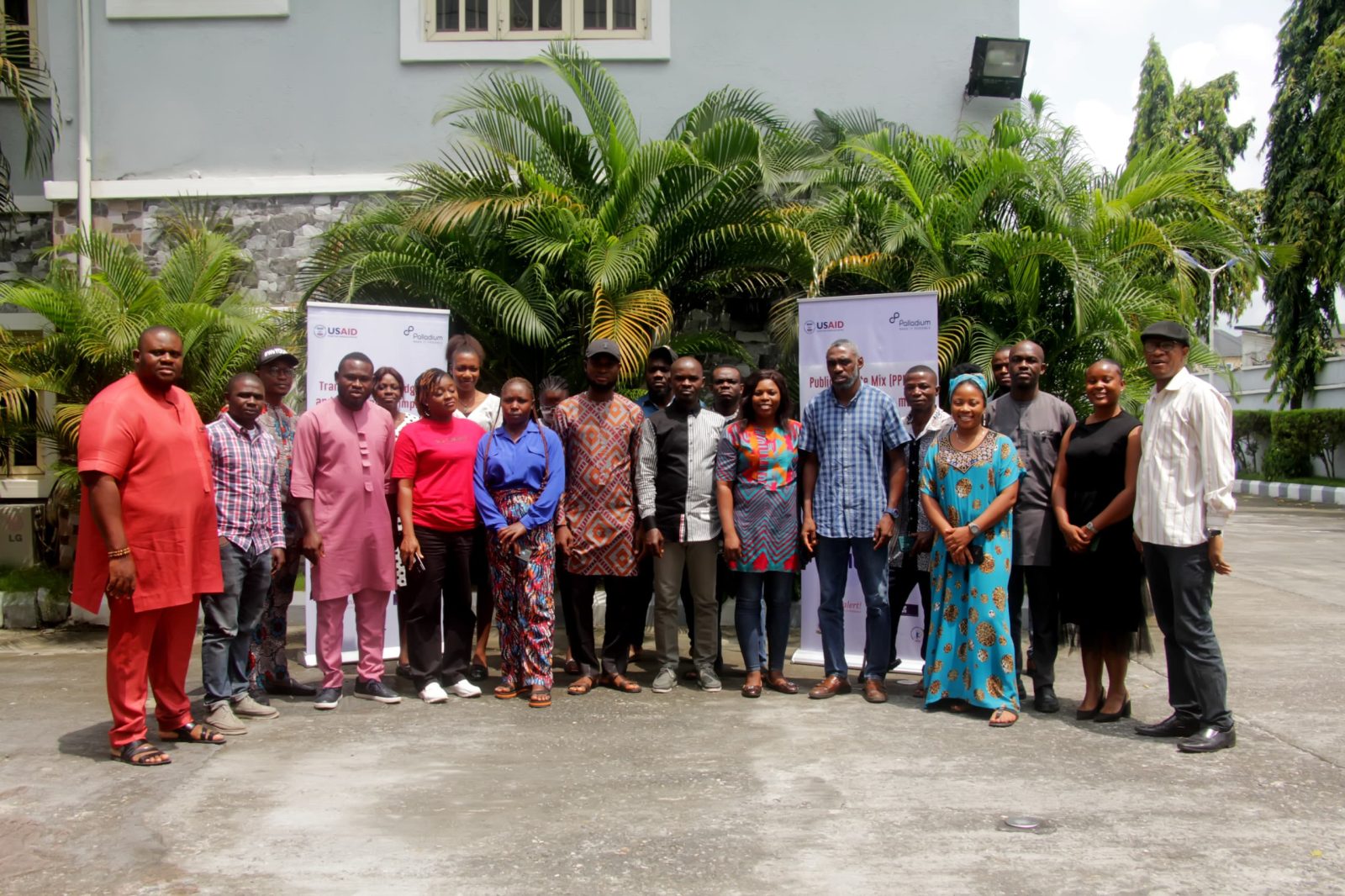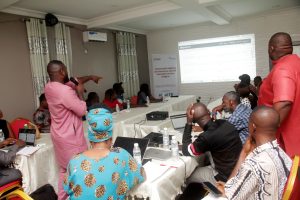Policy Alert Offers Insight Why Akwa Ibom State Needs a Budget Line for TB

Ndifreke Enefiok, Uyo.
Policy Alert, a civil society organization, has raised concerns over the alarming rate of Tuberculosis (TB) cases and offered insight into why Akwa Ibom State needs a budget line to immediately combat TB.
Policy Alert raised the concerns at a capacity building workshop for journalists and CSOs on Saturday, August 10 in Uyo.
The project, codenamed “Transformative Budgeting and Financing for Improved Tuberculosis Services (Fund TB Project), under the health component of Strengthening Civic is implemented in partnership with Palladium Group and supported by the United States Agency for International Development (USAID).
The workshop aimed to build the capacity of journalists and CSOs to advocate for TB funding and policy alternatives in Akwa Ibom State.
Speaking on the Current Policy and Budgetary Environment for TB and Policy Alternatives,” Ekemini Simon, highlighted the need for a budget line for TB in the state, citing the devastating impact of the disease on young people and the economy.
According to Simon, Akwa Ibom State has 3,200 TB patients currently on treatment in the first quarter of 2024, with many more undiagnosed and untreated, stating that state’s TB centers are dilapidated and ill-equipped, and patients struggle to access nutritious food to take their medication.

Simon, who noted that the state’s 2024 approved budget does not have a single line item for TB, despite the disease’s high prevalence and mortality rate, called on the state government to provide a supplementary budget to address the funding gap and extend the state health insurance to cover TB patients.
While explaining that TB remains the world’s second leading cause of death from a single infectious agent, Simon stressed the need for private sector involvement in TB financing, and immediate prioritization of TB funding by the government to curb the disease spread.
He however urged key private sector players to donate equipment, renovate or build TB facilities, provide nutritional support to TB patients, and donate medications to health facilities to alleviate the plight of TB patients in the State.
Earlier, The Fund TB Project Director for Policy Alert, Koko Udo, stated the urgent need for Akwa Ibom State to have a lined item for TB in the 2025 budget, adding that the training is necessary to raise these concerns to the government and push for implementation.
He said, “TB is the seventh killer in the world and has not been paid attention to in Nigeria. Our concern here is that if out of 452,000 people are currently receiving treatment or support and funding from international agencies, if these foreign agencies stop funding Nigeria due to the upcoming election in their country, and withdraw supporting drugs in particular, what will happen to those with TB? ”
Udo, who highlighted the alarming global statistics, which places Nigeria as the 6th country with the highest TB cases and 1st in Africa, expressed concern that Nigeria’s reliance on international funding for TB treatment and support could lead to a crisis if foreign agencies withdraw their support due to the upcoming election in their countries.
While warning that such a scenario could result in multiple drug resistance, making the available drugs ineffective in treating TB patients, he called for increased allocation and release of funds to equip facilities, mobilize private sector support, and provide food assistance to complement TB treatment.
Also speaking on “Leveraging Effective Communication Storytelling and Skilful Advocacy for Policy and Behavioural Change,” Udo stressed the need for effective communication to inform, persuade, and move to action, highlighting the key elements of skilful storytelling in reporting TB cases.
Udo, while stressing that journalists play an important role in amplifying TB cases through their reportage, urged them to push for TB funding by humanizing the plight of patients to influence state actors to take action.
By working together, Udo noted that individuals and organizations can drive policy change and promote behavioural change to combat TB as well as enhancing the reach of advocacy efforts and reducing project duplication.







